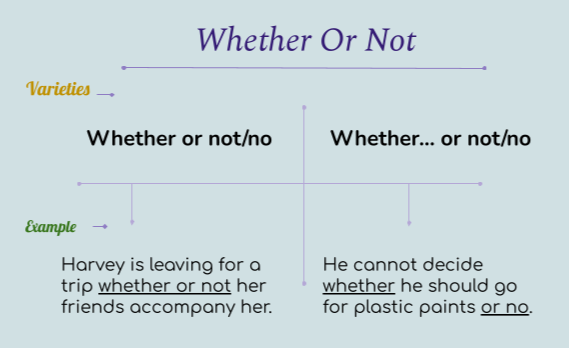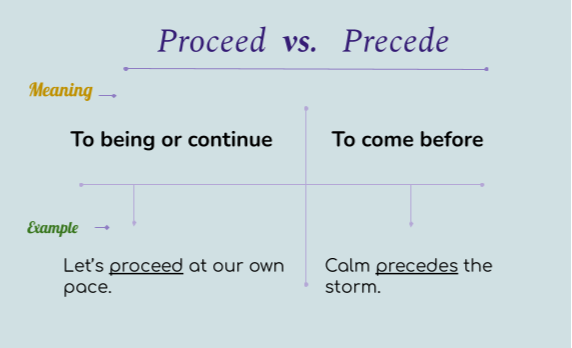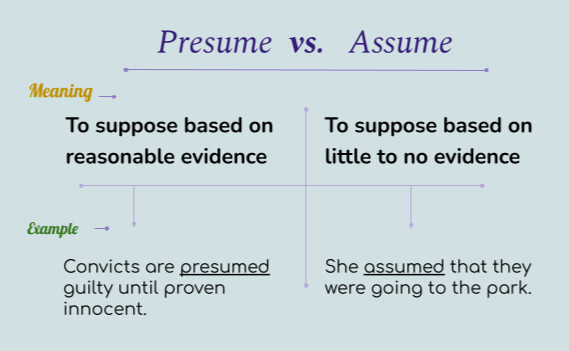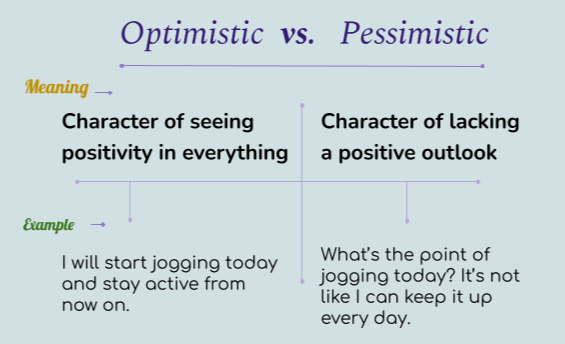More Than vs. More Then - Let's Not Confuse The Spellings

More than is a phrase used for drawing comparisons between two or more things. More then, on the other hand, is a mere misspelling of “more than.” Be careful of your A’s and E’s and you should be clear of making these spelling mistakes.
More Than
The phrase “More than” or “More…than” is used to imply comparative attributes to two entities where one is greater in quality or quantity than the other. “Less than” is the exact opposite expression that signifies smaller or tamer.
Ex. #1
- The price hike affects the poor more than the rich.
- The price hike affects the poor more then the rich.
Ex. #2
- They waste more food than they eat.
- They waste more food then they eat.
Ex. #3
- I have run more errands in life than you ever would.
- I have run more errands in life then you ever would.
“More than” compares how price hike affects two socio-economic groups the poor and the rich differently in the first example. The second example compares the amount of food the subject eats and wastes with the help of “More…than”.
Do it Yourself: See the construction (whether the “more than” or “more…than”) of the third example and figure out what it compares.
More Then
It is a misspelling of “more than” and there is no use of the phrase “more then”. You should not have seen the word “then” with an E come after the comparative modifier “more” in English. The fact that you see them together often is because of typos or misspellings.
Ex. #1
- I trust you more then anyone.
- I trust you more than anyone.
Ex. #2
- Literature is more then words and verses.
- Literature is more than words and verses.
Difference Between “More than” and “More then”
The similarities in phonetics and spelling between the words “than” (used to compare) and “then” (means later) are the main culprit here when it comes to the unnecessary confusion caused by the misspelling every once in a while.
“More then” lacks any meaning whatsoever where “more than” is used is comparisons pretty heavily across all spectrum of topics in the English language. Typos are the only thing aiding the already existing tendency of their confused existence in the minds of the English learners and users.
Comparison Table
The comparison table below can illustrate the unequal contest between these two phrases. It will show how mindless it is to even draw comparisons between one overtly used phrase against a mere misspelling one that same phrase. But this table will surely help you remember which one to use and which one to avoid.
|
Factors |
More Than |
More Then |
|
/mɔː ðæn/ |
/mɔː ðɛn/ |
|
|
Phrasal Preposition |
N/A |
|
|
Used in |
Comparative situations |
N/A |
|
Confusing element |
One phoneme difference between than and then |
|
|
Used in sentences |
Her words affect our outlook more than anything else. |
N/A |
Learning the spellings of words and phrases with proper meanings and associations can cure mindless confusion with imaginary words or word clusters to make our language learning journey a lot smoother. This article should help burst all the confusion regarding the correct spelling of the phrase - “More than.”
Grammar
Read More
- How to Use "Therefore" in Sentences Avoiding Common Mistakes
- How to Use "Whereas" with Examples and Avoid Common Mistakes
- When and How to Use "Thus" Correctly Without Common Mistakes
- How to Use "On the Contrary" Properly with Meaning and Examples
- When and How to Use "Either/Or" with Examples and Common Mistakes to Avoid
- How to Use "On the Other Hand" Effectively without Mistakes
- How to Use "Respectively" with Example and Common Errors to Avoid
- How and When to Use "Moreover" Without Mistakes
- How to Use "Likewise" in Sentences Based on Context & When not to Use
- When & How to Use "Although" in Sentences to Avoid Mistake





